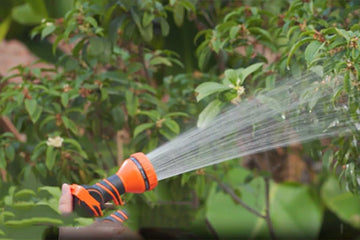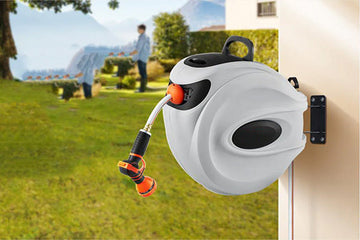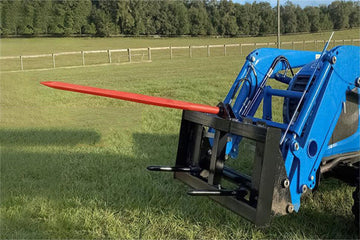When it comes to pump selection, finding the right one for your specific requirements is crucial to ensure efficient operation and optimal performance. With so many options available in the market, it can be overwhelming to determine which pump is best suited for your needs. This comprehensive guide will walk you through the key factors to consider when selecting a pump, helping you make an informed decision.
Understanding Your Pumping Needs: Residential, Commercial, or Industrial?
The first step in pump selection is understanding the purpose and scale of your pumping needs. Are you looking for a pump for residential, commercial, or industrial use? Each application has its own set of requirements. Residential pumps are typically smaller and designed for tasks like water supply, drainage, or irrigation systems. Commercial pumps are more robust and handle larger volumes of water, making them suitable for buildings, farms, or construction sites. Industrial pumps are heavy-duty machines capable of handling demanding operations like wastewater treatment, mining, or chemical processing.
Types of Pumps: Exploring Different Pump Designs
Pumps come in various designs, each tailored to specific applications. Common types include centrifugal pumps, positive displacement pumps, and specialty pumps. Centrifugal pumps are versatile and widely used due to their ability to handle high flow rates and low-to-medium pressure applications. Positive displacement pumps, on the other hand, are ideal for handling viscous fluids and high-pressure applications. Specialty pumps cater to unique needs, such as fire protection pumps, slurry pumps, or dosing pumps. Understanding the different pump designs helps you narrow down your options based on your specific requirements.
Pump Efficiency: Saving Energy and Reducing Costs
Efficiency is a critical factor to consider when selecting a pump. An efficient pump not only reduces energy consumption but also lowers operating costs. Look for pumps with high energy efficiency ratings, such as those certified by ENERGY STAR or similar programs. These pumps are designed to minimize energy wastage and provide optimal performance. Variable speed drives (VSD) or frequency converters are additional features that allow pumps to adjust their speed based on demand, further maximizing efficiency. By choosing an energy-efficient pump, you not only save money but also contribute to environmental sustainability.
Pump Material: Durability and Compatibility
The material of construction plays a vital role in a pump's durability and compatibility with the fluids being handled. For example, pumps used in corrosive environments should be constructed with materials that are resistant to corrosion, such as stainless steel or reinforced plastics. Similarly, pumps handling abrasive fluids should have wear-resistant components. It is essential to consider the compatibility of the pump materials with the fluid being pumped to prevent any chemical reactions or material degradation. By selecting the right material, you enhance the pump's longevity and ensure optimal performance in your specific application.
In conclusion, choosing the right pump at GARVEE requires careful consideration of your pumping needs, pump types, efficiency, and material compatibility. By understanding these factors and conducting thorough research, you can make an informed decision that ensures optimal pump performance, energy efficiency, and cost savings. Remember to consult with pump specialists, check product specifications, and read customer reviews to gain valuable insights before making your final choice. Whether it's for residential, commercial, or industrial purposes, selecting the right pump is crucial for achieving efficient operation and reliable performance. Equip yourself with the knowledge needed to find the perfect pump for your unique requirements.
Agriculture & Garden














